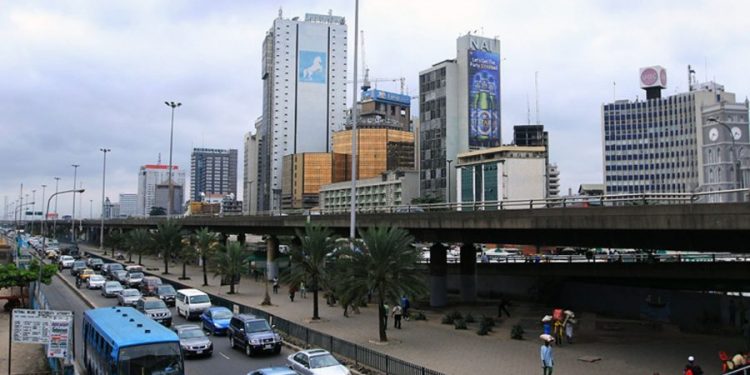Despite recording slight improvement in Nigeria’s business conditions, cost pressure and weak consumer demand have remained a huge challenge affecting the private sector, data from Stanbic IBTC Purchasing Managers’ Index (PMI) for Nigeria has revealed.
According to the report, the PMI for September stood at 51.1, up from 50.2 in August, indicating a slight monthly upturn in the private sector. This encouraging development comes amid challenges faced by businesses in the country.
Although the PMI reading signals a moderate uptick in private sector activity, it remains just above the no-change threshold. The growth is attributed to a sixth consecutive month of increased new orders, indicating improved demand. However, this growth remains modest due to market conditions characterized by weak consumer demand and price hikes, which have deterred customers.
The key drivers of cost pressures are the weakening exchange rate and rising fuel costs, which have continued to affect businesses. Consequently, these factors have led to a steep increase in input prices, reaching some of the sharpest rate rises on record.
The PMI, a vital gauge of business conditions, registers readings above 50.0 as an improvement compared to the previous month, while readings below 50.0 indicate deterioration. In this context, the PMI reading for September underscores the ongoing challenges faced by Nigeria’s private sector, even as it shows signs of slight improvement.














